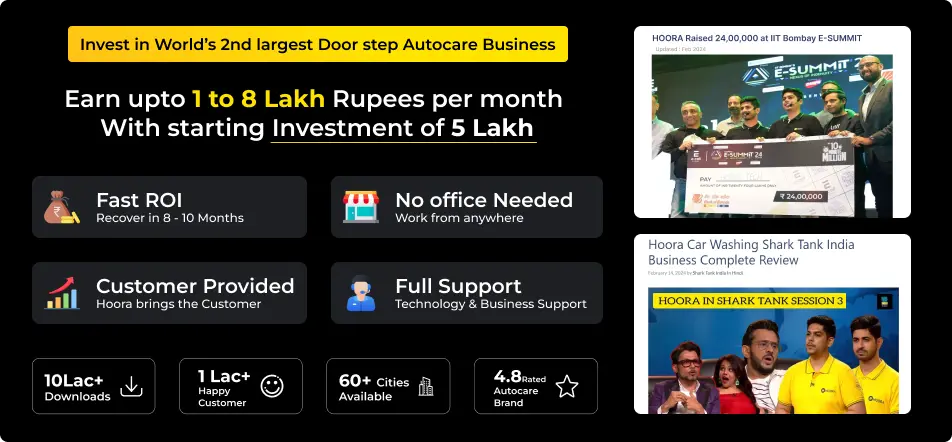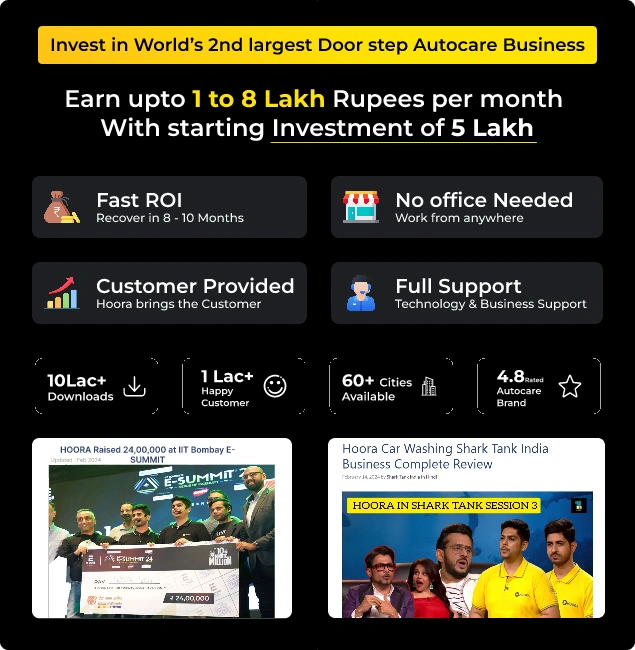Starting a business is an exciting, yet challenging journey. Whether you’re looking to pursue a passion or build financial independence, understanding the right steps is crucial. Here’s a simple guide to help you navigate the process.
10 Essential Steps for Start a Business
1. Find Your Business Idea
The foundation of any successful business is a solid idea. Start by identifying a problem you can solve or a unique product or service you can offer. Ask yourself:
- What am I passionate about?
- Where is there a gap in the market?
- Can I turn this into a sustainable business?
Tip: Don’t rush this step. Take time to brainstorm and research your ideas.
2. Do Market Research
Before jumping into action, you need to understand your market. Conduct research to learn about:
- Your potential customers: Who are they? What do they need?
- Competitors: Who else is offering similar products or services? What can you do better?
Market research helps you validate your idea and shapes your business strategy.
3. Write a Business Plan
A business plan is your roadmap. It outlines your goals, target market, revenue model, marketing strategies, and more. While it may sound complex, a simple business plan should include:
- Executive summary
- Product or service description
- Market analysis
- Financial projections
A business plan keeps you focused and organized, and it’s often required if you’re seeking investors or loans.
4. Choose a Business Structure
Next, decide on your business structure. The most common options are:
- Sole proprietorship: Easy to set up but offers no separation between personal and business assets.
- Partnership: For businesses with two or more owners.
- Limited Liability Company (LLC): Provides limited liability for owners, meaning your personal assets are protected if the business incurs debt.
- Corporation: A more complex structure but suitable for larger businesses with shareholders.
Your choice will impact how you pay taxes and your level of personal liability.
5. Register Your Business
Once you’ve chosen your business structure, you’ll need to register your business with the appropriate authorities. This includes:
- Picking a business name
- Registering for taxes
- Obtaining necessary licenses and permits for your industry
Check with your local government to understand specific requirements.
6. Secure Funding
Most businesses need some level of startup capital. Whether you need a small or large amount, there are several options for funding:
- Personal savings
- Bank loans
- Angel investors
- Crowdfunding
Prepare a financial plan that outlines how much money you need and how you will use it.
7. Set Up Your Business Operations
Now it’s time to set up the logistics. This includes:
- Setting up a business bank account to separate personal and business finances.
- Getting accounting software or hiring a bookkeeper to manage cash flow.
- Choosing your business location: Whether it’s a physical store, home office, or an online space, make sure it suits your needs.
8. Create a Brand Identity
Your brand is how customers perceive your business. Invest time in:
- Creating a memorable logo
- Designing a user-friendly website
- Building a social media presence
Your branding should communicate your values, mission, and what sets you apart from competitors.
9. Launch and Promote
Once everything is in place, it’s time to launch! Use the following strategies to promote your business:
- Online marketing: Build a website, optimize for SEO, and create social media accounts.
- Offline marketing: Word-of-mouth, flyers, or attending networking events.
Always engage with your audience and be ready to adapt based on their feedback.
10. Keep Learning and Growing
Launching is just the beginning. Keep an eye on your industry, customer feedback, and trends. As your business grows, you’ll need to adapt and evolve. Stay committed, be flexible, and always look for ways to improve.
Conclusion
Starting a business is a rewarding but challenging endeavor. By following the right steps, from finding your business idea to promoting it effectively, you can set yourself up for success. Remember, patience and persistence are key. Each step, no matter how small, brings you closer to achieving your entrepreneurial dream. Keep learning, stay flexible, and enjoy the journey—you’ve got this!










